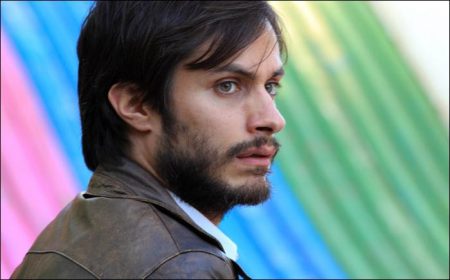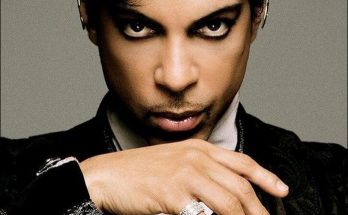Interview with Gael Garcia Bernal. Is Rene Savvedra a symbol of the time he lived in? Or is he a symbol of what we are living today?
Rene is a character that is inherent to the context that he lived in, but at the same time, is also eternal; he symbolizes the political awakening of an apparently apolitical person. Being as he is, a consequence of the politics lived by his parents — exile, persecution, the feeling of always being a foreigner — during the story, he inadvertently seeks to redeem himself with the political side, which is called forth in order to change his immediate surroundings. I feel that this rite of maturity is a recurrent passage in human beings, which appears when one realizes that it is possible to change things first handedly.
What was the NO campaign’s best move, considering its political and advertising dimension?
The NO campaign’s best move was to take advantage of, on one hand, the neoliberal system implemented by the dictatorship to its convenience, and on the other, the democratization of the massive media in the rudimentary state that it was back then. One may say that they overtook the right wing from both the left and the right. They appealed to optimism and to happiness in a country submerged in the painful shock of its recent politics.
Pinochet is the only known dictator in recent history who has stepped down from power through a democratic election. How do you see Savvedra from that place?
I think that what was achieved at that moment was one of the most important and pure acts of fraternity that democracy has lived in the world. While knowing that they were entering an election that was largely considered to be fraudulent from the very beginning, they trusted that it was worth the sacrifice to show their faces for once and for all: for themselves, for their parents, for their children. This is where Saavedra, in my opinion, turns into a heroic and plausible being. Long live Saavedra. I miss him already.
Related Link: View the Full Production Notes for No
Views: 100



